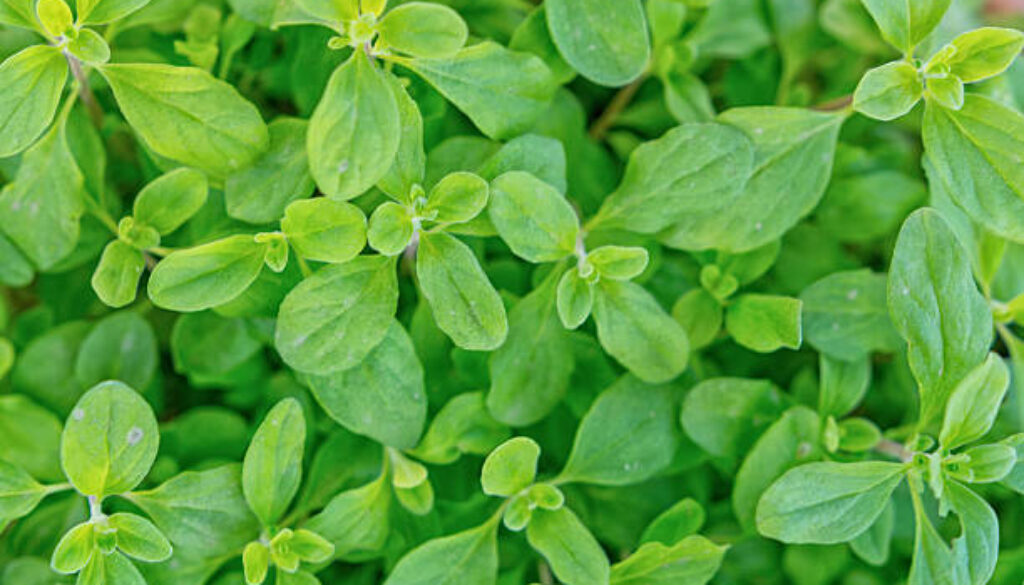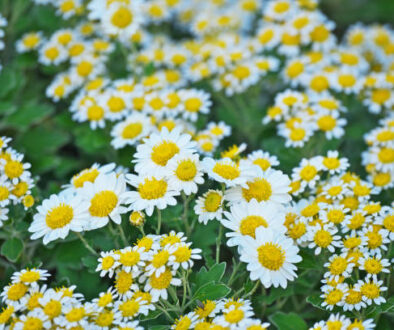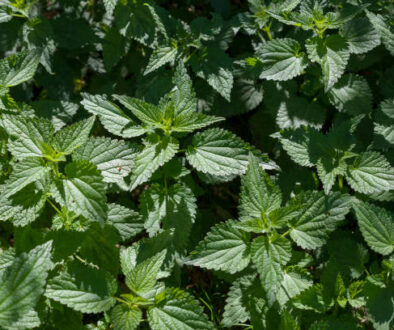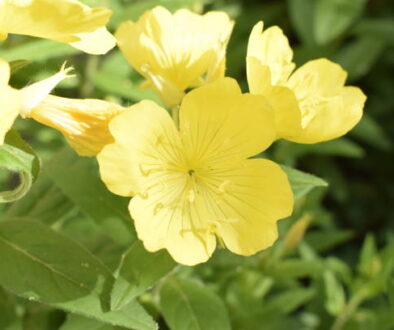15 Easy Medicinal Herbs to Grow in Your Healing Garden
Disclaimer: This post may contain affiliate links. If you purchase a product through those links, I may earn a small commission with no extra cost to you. Thanks. I only Recommend Products I Trust!
If you’ve ever thought about growing your own medicine garden right at home, then this guide is all you need to grow your herbs much faster and easier.
Having fresh herbs right outside your door makes it easier to connect with nature while also giving you simple remedies for everyday needs.
Starting a medicinal herbs garden doesn’t have to be complicated; you just need the right plants and a little guidance.
In this article, I’ll walk you through 15 easy medicinal plants ideas that are perfect for beginners, along with tips on medicinal plants and their uses, so you’ll know how to get started the easy and right way.
Think of it as creating your own little apothecary.
By the end, you’ll have a clear plan, a list of medical herbs to plant, and maybe even inspiration to pick up the best medicinal herb book to expand your knowledge.
Related:
- 26 Medicinal Plants for Your Garden: Natural Healing Remedies at Your Fingertips
- 21 Easy Medicinal Herbs to Grow in Your Healing Garden
- 12 Best Medicinal Herbs to Grow + Their Powerful Benefits
1. Aloe Vera
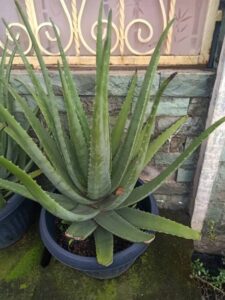
Aloe vera is one of the easiest medical herbs to grow and care for.
Known for its soothing gel, it’s perfect for treating burns, skin irritation, and minor cuts.
Just snap a leaf, squeeze out the gel, and apply directly to the skin.
It’s also great to keep in a pot indoors since it thrives with minimal care and lots of sunlight.
2. Peppermint – Refreshing and Healing
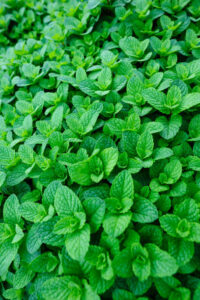
Peppermint is another star in any medicine garden.
Not only does it smell incredible, but it’s also known to ease digestion, headaches, and congestion.
💡Quick Note: You have to see these 100+ tips to save money in your house that you are paying needlessly right now. Click Here To See Now!
You can use fresh leaves to make tea or simply crush them to release their aroma for quick relief.
3. Chamomile – Nature’s Calming Herb
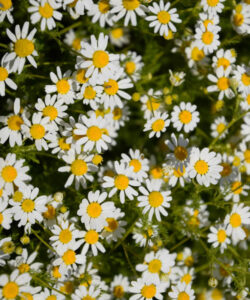
Chamomile is famous for its calming tea that helps with sleep and relaxation.
This gentle herb is easy to grow and adds beauty to your garden.
Keep it on hand for stress relief, upset stomachs, or even as a mild skin rinse.
4. Lavender
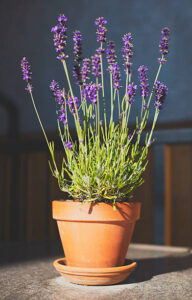
Lavender deserves a spot in your medicinal herbs garden for its calming scent and healing power.
It’s often used for anxiety, sleep support, and even skin care.
Dry the flowers to make sachets, teas, or infused oils. Plus, it attracts pollinators, making your garden healthier.
5. Basil
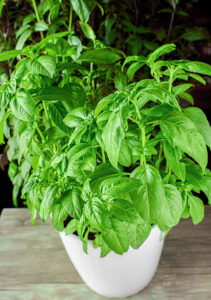
Most people know basil for cooking, but it’s also valuable for health.
This herb helps with digestion, reduces inflammation, and boosts immunity.
Fresh basil leaves can be added to meals or steeped for tea, making it a versatile choice.
6. Thyme – Small But Mighty
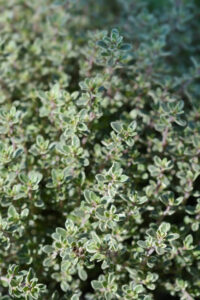
Thyme is packed with antibacterial and antifungal properties.
It’s one of those medicinal plants and their uses that go far beyond the kitchen.
A simple thyme tea can soothe coughs and sore throats, while the essential oil works as a natural cleaner.
7. Rosemary – Memory and Mood Booster
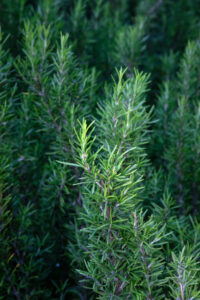
Rosemary isn’t just for seasoning. It’s been linked to improved memory, mood, and focus.
Grow it in your garden, and you’ll have an herb that helps with digestion while adding amazing flavor to your meals.
8. Echinacea – The Immune Strengthener
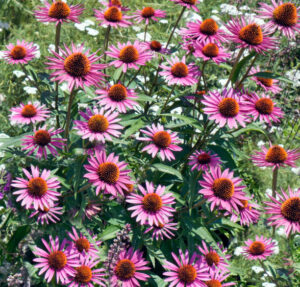
If you’re looking to strengthen your immune system, echinacea is an essential herb.
Often found in teas and tinctures, it’s known to reduce the duration of colds and support overall wellness.
It’s also beautiful, with its purple cone-shaped flowers.
9. Lemon Balm – Gentle Stress Reliever
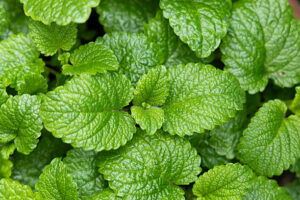
Lemon balm is one of the best herbs to grow if you want something calming.
This mild herb helps reduce anxiety, improve sleep, and support digestion.
Use it fresh for tea, or dry it for longer storage.
10. Calendula – Skin Healer
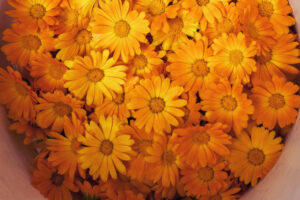
Calendula is often used in salves, creams, and teas for its skin-healing benefits.
It’s gentle enough for children and effective for soothing rashes, cuts, or dryness.
Bright orange blossoms also make it a cheerful addition to your garden.
11. Sage – More Than Just a Kitchen Herb
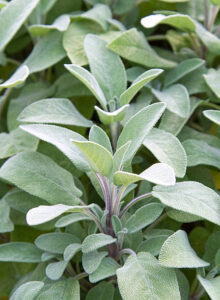
Sage is an herb that supports sore throats, digestion, and inflammation.
It’s also a natural antiseptic, making it useful in teas and gargles.
Grow sage in your medicine garden and you’ll always have a natural remedy within reach.
12. Yarrow – Nature’s First Aid Plant
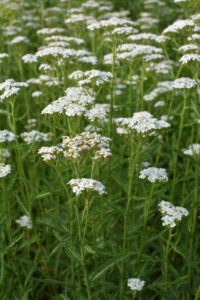
Yarrow has been used for centuries to stop bleeding and speed up wound healing.
It’s a tough plant that grows almost anywhere, making it a reliable choice.
Use fresh leaves directly on cuts, or dry them for future use.
13. Oregano – Strong Antibacterial Herb
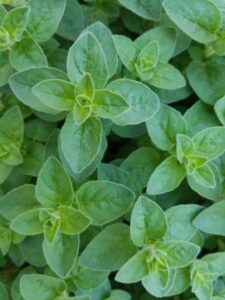
Oregano isn’t just a pizza topping.
It’s packed with antibacterial and antiviral properties, making it a powerful addition to your easy medicinal plants guide.
Fresh or dried, it works well in cooking and can be brewed as a tea for colds.
14. Valerian
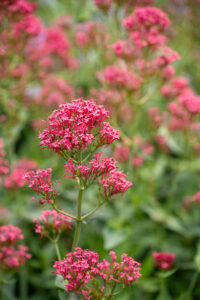
Valerian root is famous for helping with sleep and relaxation.
It can be made into tea or tincture, though the root has a strong smell.
If you struggle with rest, this is one of the medical herbs you’ll be glad to grow.
15. Holy Basil (Tulsi) – The Queen of Herbs
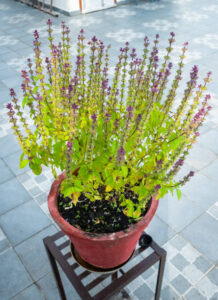
Holy basil, also called tulsi, is highly respected in traditional medicine.
It helps reduce stress, boost immunity, and support respiratory health.
Growing Tulsi in your garden gives you access to one of the most powerful medical garden medicinal plants.
Conclusion
Creating your own medicine garden is simpler than you might think.
With these 15 plants, you’ll not only have natural remedies at your fingertips but also a garden full of color, fragrance, and purpose.
Whether you’re building a small windowsill setup or a full medicinal herbs garden, these herbs will bring health and balance into your daily life.
Growing them also encourages you to slow down, connect with nature, and explore traditional healing at home.
If you’d like to go deeper, the best medicinal herb book can guide you further on recipes, remedies, and care tips for your plants.
FAQs
Q1: What are the easiest medicinal herbs to start with?
Aloe vera, peppermint, chamomile, and basil are beginner-friendly and thrive in small spaces.
Q2: Do I need a large garden to grow medical herbs?
No, you can grow most of these plants in pots, on balconies, or even on a sunny windowsill.
Q3: How do I learn more about medicinal plants and their uses?
Start with a trusted best medicinal herb book, and pair it with your own experience in growing and using them.
Q4: Can I use these herbs as replacements for medicine?
These herbs are great for everyday wellness, but they shouldn’t replace professional medical care when needed. Always consult a healthcare provider for serious conditions.
